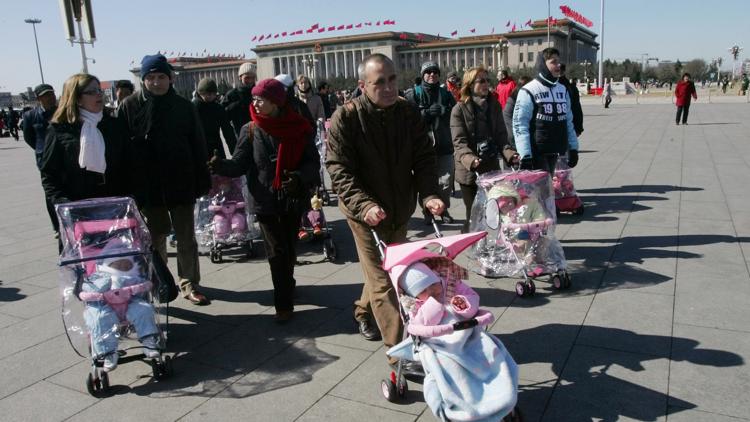The End of China’s Intercountry Adoption Program: What American Families Need to Know

For years, China has been a popular choice for American families looking to adopt children internationally. In fact, U.S. families have adopted a total of 82,674 children from China, making it the top destination for intercountry adoption.
However, that is all about to change. The Chinese government has announced that it is ending its intercountry adoption program, leaving hundreds of American families in limbo with pending adoption applications.
During a recent phone call with U.S. diplomats in China, Beijing made it clear that they will not be processing any new adoption cases, except for those covered by a specific exception clause. The U.S. State Department is currently seeking written clarification from China’s Ministry of Civil Affairs to better understand the implications of this decision.
“We understand there are hundreds of families still pending completion of their adoption, and we sympathize with their situation,” the State Department said in a statement.
It appears that China’s decision to end intercountry adoptions is in line with international conventions, according to Mao Ning, a spokeswoman for the Chinese foreign ministry. The only exception will be for blood relatives or stepchildren to adopt children, effectively closing off the country to foreign adoptions.
China had previously suspended international adoptions during the COVID-19 pandemic but later resumed adoptions for children who had already received travel authorization. Recently, a U.S. consulate issued 16 visas for adoptions from China, marking the first time in over two years.
This announcement from China comes on the heels of declining birth rates in the country, with the number of newborn babies dropping to 9.02 million in 2023. In fact, the overall population has been on the decline for the second consecutive year.
As international adoption practices come under increased scrutiny, it is clear that the landscape is changing. With China closing its doors to foreign adoptions, American families will need to explore other options if they are still hoping to grow their families through adoption.
For now, U.S. officials are working to provide clarity to families affected by this decision and to support them through this difficult time.




